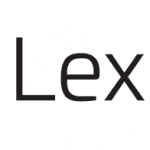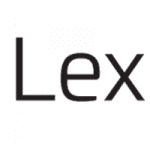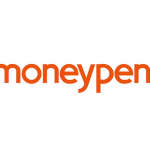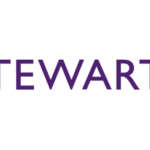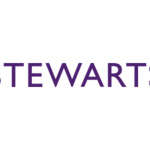LexCase’s Diane Bandon-Tourret and Esther Vogel on the newly restructured early access mechanism for medicine products in France
The French Social Security Financing Law (LFSS) for 2021 restructured the entire early access mechanism for medicine products.
The current early access scheme in France is divided between:
- temporary use authorisations (ATU), which can be either individual ATU, based on compassionate use for a specific patient on demand of its physician or cohort ATU, enabling early access of a medicine pending the marketing authorisation (MA);
- temporary use recommendation, aiming at securing the use of off-label prescriptions;
- specific financing mechanisms enabling the reimbursement of medicines by the social security before their official inscription on the French product reimbursement lists.
The new early access scheme, applicable at the latest on 1 July 2021, substitutes all these mechanisms with a new framework divided into two ways of access: the so-called ‘early access’ for presumed innovative products (art. L. 5121-12 of the Public Health Code CSP) and the compassionate access (art. L. 5121-12-1 CSP). This framework is limited to exceptional use of a medicine in specific therapeutic indications for which no appropriate treatment exists and which efficacy and security is presumed. It is not intended to replace clinical trials, MA and inscription on the reimbursement lists.
Early access authorisation can be requested by the industry exploiting the product either before the MA or between the MA and the inscription on the product reimbursement lists. Such authorisation is granted by the French High Health Authority (HAS), which will be qualified to analyse the presumed innovative nature of the product. The French Medicine Agency (ANSM) shall give its opinion on the efficacy and the security of products without MA. The company shall request MA or inscription on the aforesaid lists in a specific period of time. It will also have to comply with a therapeutic use protocol (PUT) and collect data, notably on efficacy, adverse events and practical conditions of use.
Medicines used in the scope of early access are reimbursed by social security on the basis of a price declared by the exploiting company to the French Economic Committee for Health Products (CEPS). The company shall then declare the product turnover to CEPS each year and a rebate will be calculated on the ground of a progressive scale set by decree (art. L. 162-16-5-1-1 of the Social Security Code ‘CSS’). Increase in the rebate scales may be applied under specific conditions (eg: lack of request for MA or inscription on the reimbursement lists; reimbursement of another medicine responding to the therapeutic need or reconsideration of the innovation presumption by HAS).
Compassionate access is not linked to innovative products, but to products which satisfactorily meet a therapeutic need. It includes compassionate access authorisation and compassionate prescription framework. Compassionate access authorisation will be granted by ANSM for a specific patient on the request of its prescribing physician for a year period. Compassionate prescription framework aims at securing off-label prescription and is delivered by ANSM on its own initiative or upon request of the Ministry for health or social security for a three year period. The company exploiting the medicine involved is informed a priori by ANSM of compassionate use access. This access is accompanied by a PUT and the collection of data.
If the product used in the scope of compassionate access is already registered on a reimbursement list for another indication, the reimbursement conditions apply to compassionate access. If not, either an annual flat rate basis per patient is defined by decree or a similar mechanism as for early access reimbursement applies (art. L. 162-16-5-2 CSS).
The new framework shall clarify the different early access channels in France and secure the use of these mechanisms either for real presumed innovative products or limited compassionate use.
For more information, please contact:
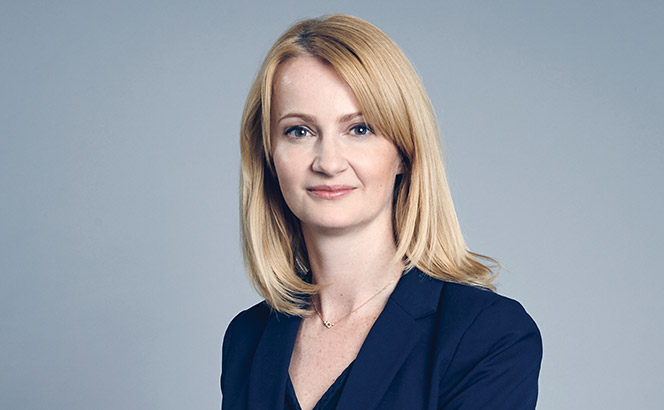
Diane Bandon-Tourret – avocat associé

Esther Vogel – avocate
LexCase Paris
17, rue de la Paix
75002 PARIS
T : + 33 01 40 20 22 22











